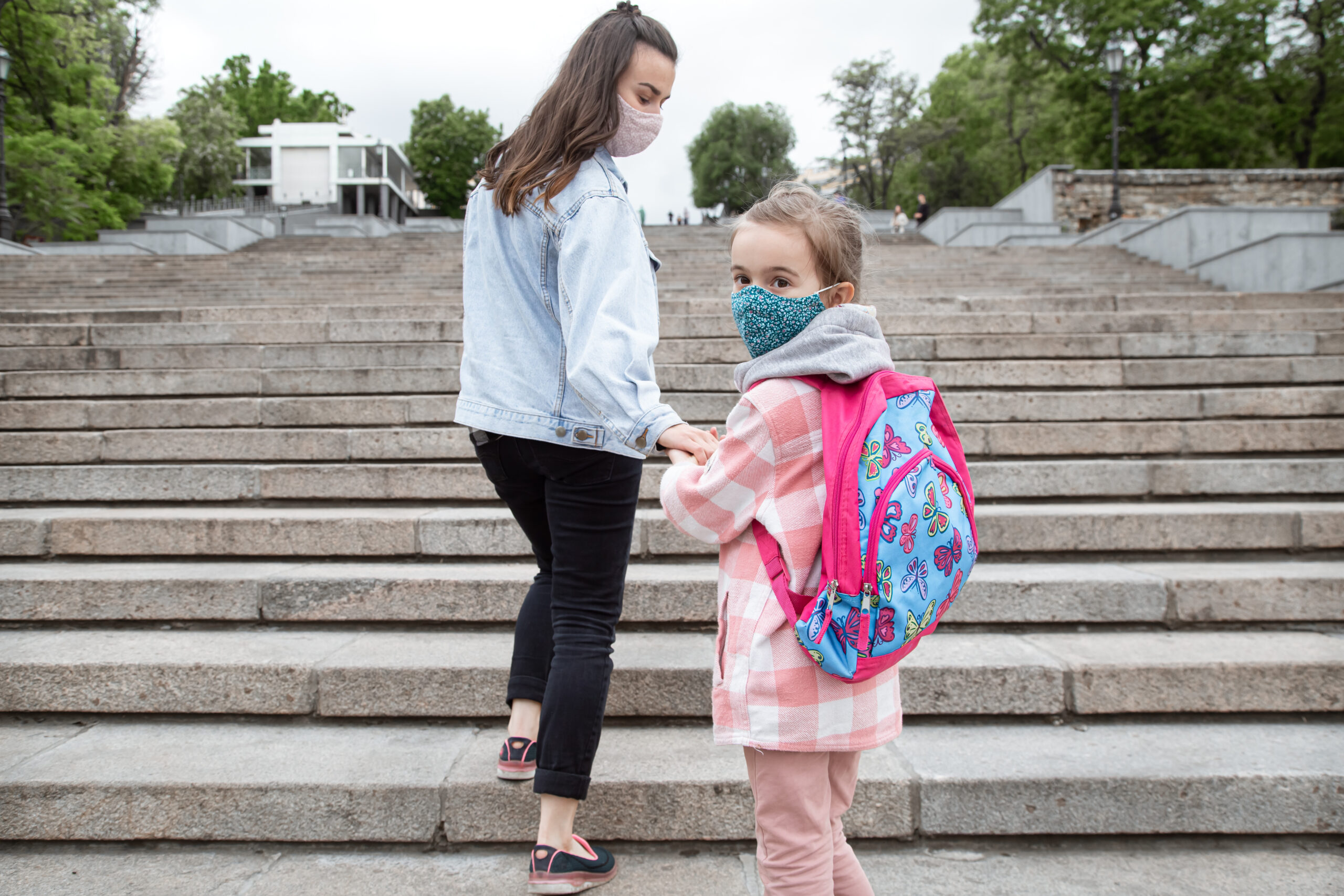Services

Individual therapy
Individual therapy, also known as talk therapy, is a form of psychotherapy that is focused on helping individuals address and overcome mental health challenges. This type of therapy involves meeting with a therapist on a one-on-one basis to discuss the individual’s thoughts, feelings, and behaviors.
One of the key benefits of individual therapy is that it provides a safe and confidential space for individuals to explore their inner experiences. Through the process of therapy, individuals can gain a better understanding of themselves, develop coping strategies for managing difficult emotions, and improve their relationships with others.
Individual therapy can also be effective in helping individuals overcome specific mental health challenges, such as anxiety, depression, trauma, and addiction. By working with a trained therapist, individuals can develop personalized treatment plans that are tailored to their unique needs and goals.
Overall, individual therapy is a powerful tool for promoting mental health and wellbeing. It provides individuals with a safe and supportive environment to explore their thoughts and emotions, develop new skills, and work towards achieving their goals.

Couples therapy
Couples therapy invites you to look at what is working well and what needs improvement.
If you’re looking for something to heal your relationship, move on from it, of just improve it, you have come to the right place. I am passionate about working with couples, offering you a rich opportunity to create healthy bonds, understand and communicate your needs, and look at your relationships from a new perspective.
In couples therapy you will:
- Learn to ask for what you really want and need from the relationship
- Identify problematic patterns and experiment with new behaviours
- Learn to have better conversations and become a really great listener
- Develop your skills in repairing and moving forward after arguments
- Understand you relationship & attachment styles and love languages
- Learn your conflict style and how to negotiate conflict constructively
- Deepen your connection and learn to turn towards your partner

Family therapy
Family therapy is a type of psychotherapy that aims to improve communication and resolve conflicts within a family system. It involves working with all members of the family to identify and address issues that may be causing stress, tension, or dysfunction. Family therapy can help to improve relationships between family members, build trust, and promote healthy communication patterns.
Family therapy may involve a range of techniques and approaches, including cognitive-behavioral therapy, psychodynamic therapy, and systemic therapy. The therapist will work collaboratively with the family to set goals and develop a treatment plan that is tailored to their specific needs.
Some common issues that may be addressed in family therapy include marital conflict, parent-child conflicts, blended family challenges, communication problems, and behavioral issues in children. The therapy sessions may be held individually or in a group setting, depending on the needs of the family.
Overall, family therapy can be a powerful tool for promoting positive change and improving relationships within families. By addressing underlying issues and building stronger connections between family members, it can help to create a healthier and happier home environment for everyone involved.


Family therapy
Family therapy is a type of treatment designed to help with issues that specifically affect families’ mental health
and functioning. It can help individual family members build stronger relationships, improve communication,
and manage conflicts within the family. By improving how family members interact and relate to one another,
family therapy can create change in close relationships.
Some of the primary goals of family therapy are to create a better home environment, solve family issues, and
understand the unique issues that a family might face.
I have an MSc in systemic/ family and couples therapy. Family therapy looks to help members of a family
understand each other better, resolve conflicts and change negative behaviours. It is appropriate for all
ages and can even be helpful for individuals.
Family therapy gives families the oppertunity to communicate and explore their feelings in a safe, non-
judgemental environment. Working alongside a therapist, families can talk about differences and
difficluties within their relationships with the aim of improving communication and finding a way forward,
together.
This approach aims to be inclusive and considerate of every member of the family, keeping away from any
sense of ‘ganging up’. It looks to recognise an individual’s strengths and resources and build on these
within sessions and work with members of the family in a collaborative way. Family therapists will invite
engagement and be sensitive to the diverse nature of family relationships, cultures and beliefs.
Family Therapy can help when there is conflict between siblings, or when parents and children are going
through a divorce or separation. Forming a new family is a challenge parents may need support to help
everyone settle. Or maybe your found family is looking to implement some new rituals and wants a bit of
guidance.
You can expect Family Therapy to help you to build stronger relationships between every member of the
family and help you to work together as a team to create positive changes.
Common examples of how family therapy can help Include:
- When a family/couple wants to improve their relationship.
- When a member of the family is living with a disability or chronic illness.
- When a member of the family is struggling with addiction.
- When a member of the family is living with a mental illness.
- When a family is coping with loss or trauma.
- When parents/guardians are worried about their child's behaviour.
- In the case of separation, parents are worried about the impact on the family.
- When family members are going through a life change (e.g. getting married, moving away, changing schools, changing faith etc.)

Child and Adolescent Therapy/Therplay Practitoner
Children and adolescents with severe and long-lasting mental health problems may respond to people and
situations in ways that they do not understand and cannot control. Their emotions can be extreme and are
often communicated through their behaviour and in problematic relationships. Such difficulties often
extend to relationships with services and professionals. This can prevent these children from benefiting
from the care and opportunities that are available to them.
I work with children, adolescents and/or with their parent(s) with difficulties including anxiety, depression,
behaviour, attachment difficulties and eating problems, developmental issues and other difficulties. I have
special interest in self-harm, suicidal ideation and childhood trauma.
If you are a parent or carer who has concerns about the emotional well-being of your child or your
adolescent, I can work with your child individually, with parents individually and or both together.

Child therapy/Theraplay Practitoner
Child therapy, also known as play therapy, is a form of psychotherapy that is designed specifically for children. This type of therapy involves using play and other expressive techniques to help children explore their thoughts, emotions, and behaviors in a safe and supportive environment.
One of the key benefits of child therapy is that it can help children who are struggling with a wide range of issues, including anxiety, depression, trauma, behavioral problems, and social difficulties. By using play and other creative activities, child therapists can help children express themselves in ways that may be difficult to put into words.
Child therapy can also be effective in helping children build coping skills and resilience, as they learn to better manage their emotions and navigate challenging situations. Additionally, child therapy can help improve relationships between children and their families, as therapists often involve parents or caregivers in the therapy process.
Overall, child therapy is a valuable tool for helping children develop the skills and strategies they need to thrive in life. It provides a safe and supportive environment for children to explore their thoughts and feelings, and can help them build confidence, resilience, and emotional intelligence.

Truma therapy/EMDR therapy
I am an EMDR therapist who has been trained in advanced EMDR, advanced child and adolescent EMDR, and attachment
EMDR. I work with children, adolescents, adults and couples struggling with a wide range of difficulties. EMDR (Eye movement Desensitisation Reprocessing) is a targeted and focused therapy that identifies the root cause of issues and dismantles the blocks that keep people stuck in pain.
EMDR is effective in the recovery of addictions, post traumatic stress disorder (PTSD), complex PTSD, phobias, anxiety, phobias, early attachment and relationship trauma as we all as a number of other mental health concerns.
It involves using side to side eye movements combined with talk therapy in a specific and structured
format.
Eye Movement Desensitization and Reprocessing allows people to heal from disturbing life experiences
and trauma in a similar way the body is able to heal from physical injuries. According to numerous
repeated studies, EMDR therapy provides you with the benefits of therapy that previously took much
longer to experience.
EMDR helps you process the negative images, emotions, beliefs and body sensations associated with
traumatic memories that seem to be stuck. These can contribute to a range of mental health problems.
EMDR helps you to see things from a different perspective and relieves the symptoms that you were suffering.
Therapy will support you to :
- Regulate your emotions listen to your body
- Move beyond anxiety to a state of calm
- To tap into your own innate healing ability
EMDR is an evidence based therapy endorsed by WHO, NHS and NICE.

Non-Violent Resistance (NVR)
NVR stands for Non-Violent Resistance. It is an approach with its roots in the civil rights movement, which
has been developed to address children and young peoples violent or self-destructive behaviours.
Sessions are with parents only and the advantage of this is that the approach does not need the child or
young person to want to address their behaviour for work to begin. Work might begin with an extensive
exploration of escalation patterns within the home and also how ‘present’ the parents are to their child. In
NVR, presence refers not only to parents’ physical presence but also their presence in their child’s mind.
Most parents seek to foster certain morals, beliefs and values into their children by teaching them what is
right and wrong and how to behave appropriately. When there is a high level of violence or aggression in
the family home, parental presence can be lost meaning, the parents influence is not strong enough to
help their children behave well.
NVR seeks to create changes in the parent-child relationship such that there is a reduction in violent or
destructive behaviours. Whilst there may be specific goals (e.g. ‘to stop hitting your brother’), the method
can also bring about change at a deeper level, for example, a shift in the child or young person’s inner
world such that beliefs about the acceptability of violence begin to change. Other changes might be the
young person feeling more able to compromise and becoming aware that, due to the persistent non-
violent stance of his or her parents, reacting violently or oppressively towards family members becomes
literally impossible. Change is also sought for parents – the development of more confidence, less
isolation, and an improvement in the ability to connect with empathic feelings for their child.


Mental Well Being Workshops for Teams
The impact of mental health problems in the workplace continues to increase, and businesses are facing
increasing pressure to ensure that employees are supported and engaged in their mental health, which
benefits both the business and their workforce.
I run well-being seminars, and mental health workshops about self-care, while also considering issues of
race, gender and neurodiversity
Managing stress & anxiety
I look at what happens when we experience stress and anxiety and how they
can affect the way we feel, think and behave. I teach participants how to recognise, manage and reduce
stress and anxiety using tools and strategies.
Make dealing with change
Change is necessary. Every business needs to react to the world outside.
Managers might need to create or change a department. This can be a stressful and uncertain time for
employees. How can you offer reassurance? I help staff to understand and cope with change. I explain
how to recognise uncertainty, how to raise worries and how to manage stress in times of change.
Building resilience
I help to educate and empower participants to discover and increase levels of
resilience. I show participants that with improved self-awareness and practice, they can continue to
strengthen and develop their abilities to be resilient in difficult situations.
Digital well-being
I explore the use of digital technologies and their impact on our mental health and
wellbeing. I explore some of the advantages and disadvantages and we look at ways in which we can
create healthier digital habits in our lives.
Nature and well-being
I look at how we can better our mental health by engaging with nature. I explore
some of the research about the healing powers of nature and explore various nature-based activities and
mindfulness practices.
Food & mood
I look at the relationships between mental health and nutrition and how making healthier
nutritional choices can lead to enhanced health and well-being.
Sleep hygiene – I explore the science of sleep and its important role in overall good mental and physical
health. I provide practical ideas and strategies to encourage better sleep.







